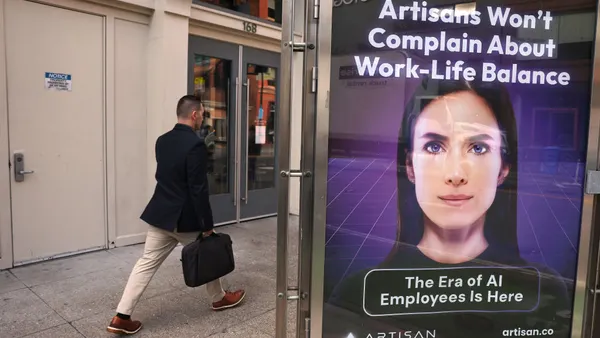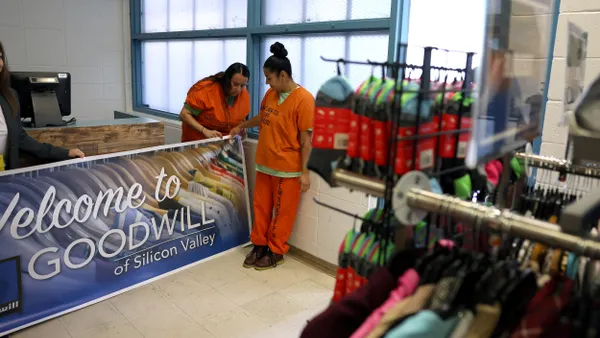About 80% of hiring managers surveyed said they’ve ghosted candidates, or stopped communicating during the hiring process without providing a reason, according to a May 12 report from Resume Genius.
The most common reason was uncertainty, with 81% of hiring managers saying they most often ghosted someone because they weren’t sure if the candidate was their best option.
“2024 has been a tough year so far, with more layoffs making the job market even trickier. As companies trim their budgets and reduce staff, a lot of people find themselves looking for work again and are facing more competition than ever,” Ed Huang, co-founder and executive director at Resume Genius, said in a statement.
“Add to the mix a surge in AI-generated resumes leading to a flood of applications, hiring managers are increasingly overwhelmed — making it tough for them to respond to everyone personally,” Huang said. “As a result, ghosting has become more common, often leaving job seekers stuck in an unfortunate waiting period that leads nowhere.”
In the survey of 625 hiring managers, only 20% said they never ghost candidates. On the other hand, 11% said they always ghost candidates, while 22% said they frequently ghost candidates and 47% said they occasionally ghost candidates.
Among those who ghost candidates, the top reasons include uncertainty about whether the candidate is the best option, indecision around the right candidate, overwhelm by the high volume of candidates, concern around the candidate’s fit for the role or company culture, concern around the candidate’s salary expectations, or they’re no longer hiring for the role.
Ghosting behavior also varies based on company size, according to the report. Small companies with fewer than 100 employees and medium-sized companies with 100-1,000 employees most often ghost candidates because they’re “still deciding on the right candidate.” In contrast, large companies with more than 1,000 employees tend to ghost candidates because the “candidate doesn’t fit the role or company culture.”
Employer ghosting has more than doubled since 2020, according to Glassdoor data. Candidates who received an interview opportunity through a recruiter mentioned ghosting more frequently, and ghosting was mentioned more frequently in certain industries, such as media and communications, pharmaceutical and biotechnology, and human resources and staffing.
Recruiter ghosting can signify a lack of respect and lead to poor job candidate and employee experiences, job seekers previously told HR Dive. Despite the reasons for ghosting, simple communication and hiring updates can help, they said.
Beyond ghosting, more than a third of hiring managers have also said they’ve lied to candidates about a job or the company during the hiring process, according to a 2023 Resume Builder report, including in job descriptions, interviews and offer letters. They’re most likely to lie about a role’s responsibilities, growth opportunities, career development, company culture and compensation and benefits.
A Resume Builder advisor said at the time that just as organizations seek professional and courteous behavior from candidates, the same should be reciprocated. Failing to communicate honestly and transparently not only damages an employer’s reputation but also undermines the broader hiring ecosystem, she said.











